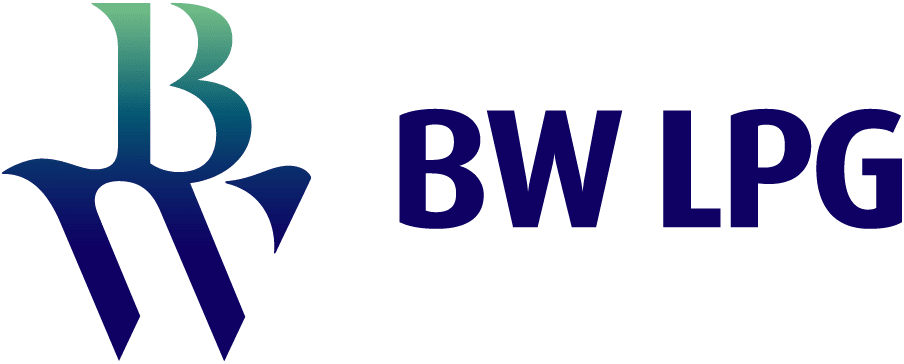Safety is a non-negotiable priority
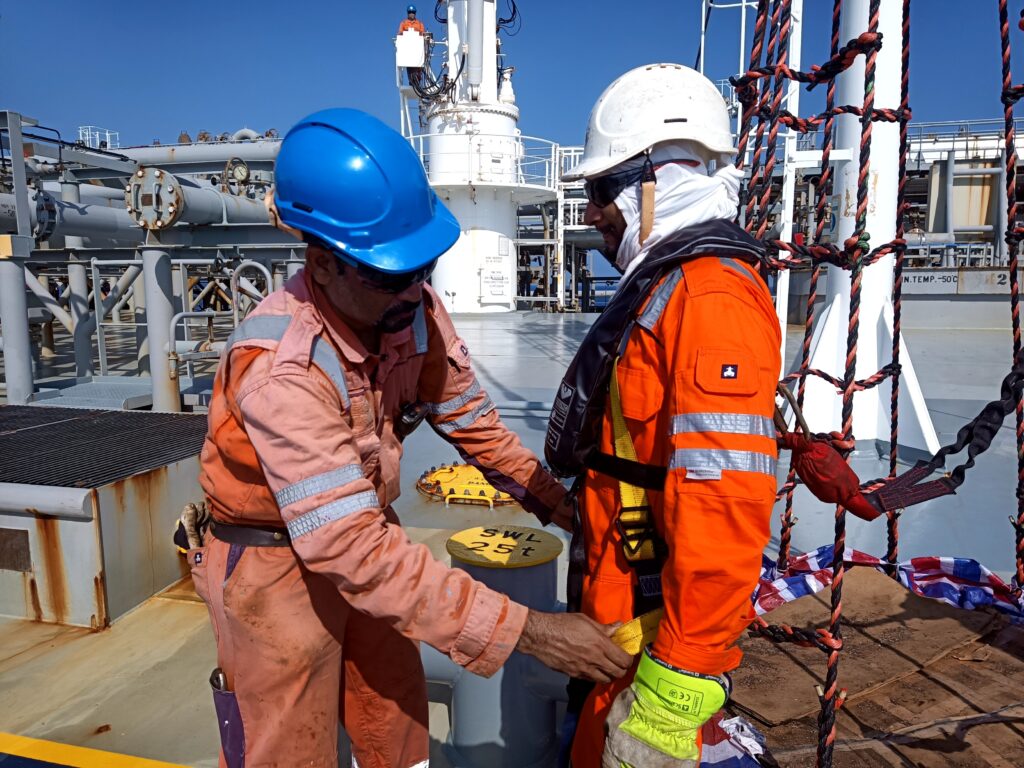
At BW LPG, the Health and Safety of our employees and crew are non-negotiable. Zero Harm is an organisation-wide safety campaign at BW LPG with the goal to ensure that safety remains the top priority across all our operations. We apply our competence and experience in commercial management and operations to bring energy safely to the world markets. We aim to provide the best value services in our industry through outstanding operating efficiency, but always keeping safety at the top of our agenda.
Based upon three strategic pillars, our Zero Harm Plan lays out key strategic initiatives to guide our focus on safety awareness and training initiatives.
Zero Harm BW Safety Culture | |||||||||||
Operational Resilience Ability to bounce back in unexpected situations | |||||||||||
Visible leadership Learning from incidents Life Saving Rules
| Learning from incidents Just Culture Zero Harm Library
| Zero Harm Behind Zero Harm Appraisal Zero Harm Profile Test
| |||||||||
Collaborative | Ambitious | Reliable | Enduring | ||||||||
Risk Assessment and Hazards Identification
We conduct fleetwide risk assessments regularly to review applicable health hazards such as exposure to cargo vapour, noise and vibration levels, hazardous materials, extreme temperature and humidity ergonomics, lightning and stressful conditions. Safe work practices include hazard detection, careful handling and storage of hazardous goods and substances, appropriate equipment use, and risk assessments for piracy (if applicable). These are available in our shipboard manual.
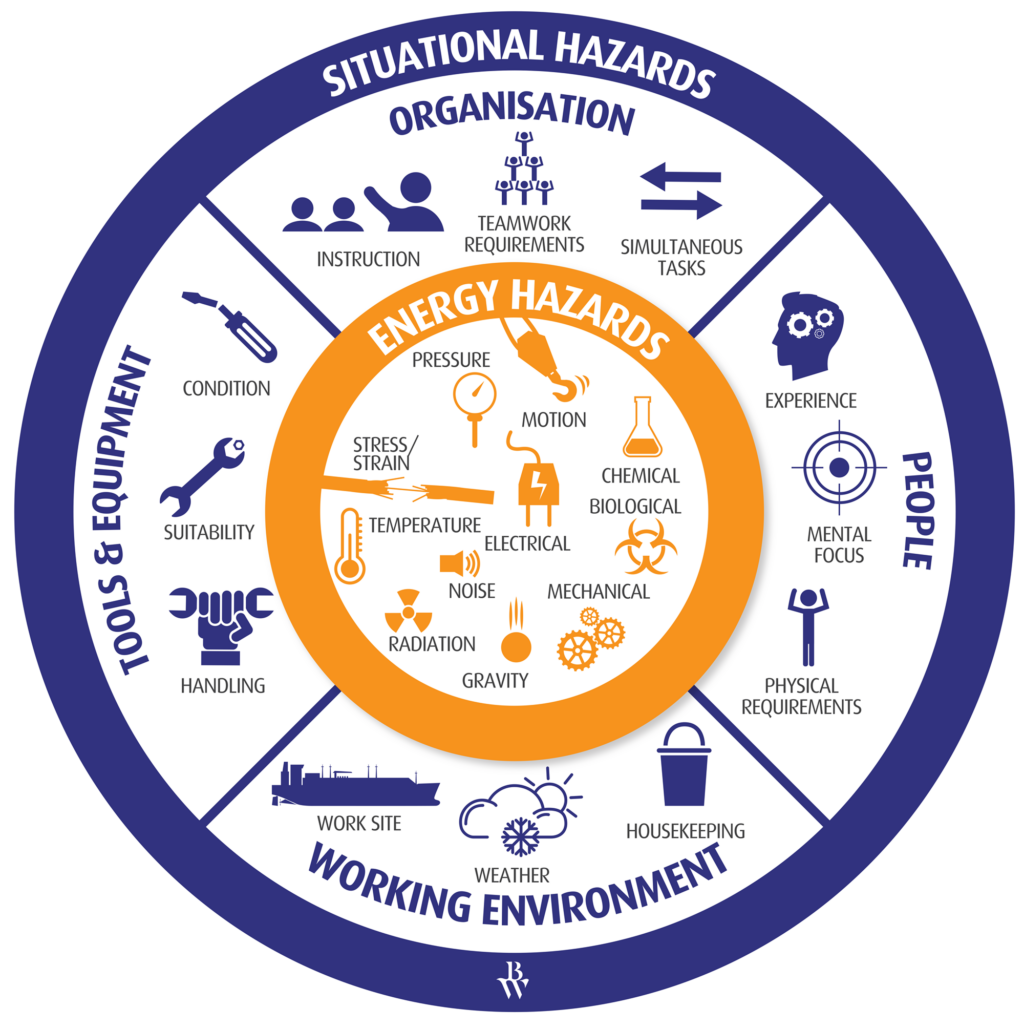
We commit to take personal responsibility for safety. We communicate safety concerns, actively share best practices, and learn from near-miss incidents. All crew and subcontractors must undergo proper safety training before going onboard. Where relevant, safe work procedures include hazard identification, responsible handling and proper storage of hazardous goods/substances, proper use of equipment, and piracy risk assessments.
Ships may contain environmentally hazardous substances which can raise safety and environmental concerns over the recycling of a ship at the end of its life. To ensure that the recycling of ships does not pose unnecessary risk to human health, safety or the environment, we adopt best practices from internationally recognised convention and standards of ship recycling.
We track the safety metrics for our fleet and compare them to industry norms. Our BW LPG fleet possesses ISO 14001, ISO 9001, and OHSAS 18001 certifications. Key clients often undertake external compliance audits (e.g. Tanker Management and Self-Assessment), and we conduct annual internal audits of our safety practices. At shipyards, we conduct reviews on safety statistics and have a bridging document where we review contractor safety statistics.
Initiatives
Safer Together
BW LPG continues to remain steadfast in its safety vision of Zero Harm. To prevent compromises on safety standards and practices, we conduct regular servicing of vessel machinery by qualified shore technicians, and hold trainings, emergency response drills and audits throughout the year. In 2023, we launched a safety campaign – “Safer Together “to ensure continued focus on our vision of Zero Harm to people, the environment, and our vessels.
Incident Management
Workplace Incidents
BW LPG has a robust system to investigate work-related incidents, including a process to determine and identify hazards, and derive corrective and preventive measures.Our “Stop Work” requirements, CrisisManagement Plan and Emergency Response Procedure provide guidance to shore staff and crew on how to handle incidents; and drillsreinforce our learning and stress-test our procedures.
- 01
Safety related incidents are investigated as soon as they are under control.
- 02
Incidents are categorised according to severity.
- 03
An incident investigation is initiated. Root causes are identified.
- 04
Immediate, corrective and preventive actions are developed for implementation.
- 05
Learnings are shared with entire fleet.
Crisis Management
BW LPG has an established crisis management plan to ensure a disciplined reaction to different emergency scenarios. For onshore staff, the crisis management plan addresses epidemics, natural calamities, strife, emergency evacuation of the office and IT disruption. New hires are informed of the plan during induction, and the plan is available on the Company intranet. Drills for evacuation from offices are also held regularly. Crisis Management for our vessels are managed through our Emergency Response (ER) Program.
A selected number of security companies are utilised for security guards and training for selected vessels based on individual trading risk. External guidance is obtained from intelligence and security agencies.
During an emergency, vessels can contact a designated person ashore who can make a trained assessment and decide on the need to activate the relevant Emergency Response procedures and 24-hours ER team. If activated, appropriate communications will be implemented in a timely manner to provide relevant facts to all stakeholders. Drills are held regularly to ensure seamless communication across departments.
Security
We have establishedworkplace security measures to safeguard our workforce and operations. Our crew are governed by international legislated health and safety regulations issued by the International Maritime Organisation (IMO). We also follow the OCIMF Marine Injury Reporting Guidelines.
BW LPG was one of the first ship operators to implement the International Ship and Port Facility Security (ISPS) code, which contains rules and requirements for carriers and terminals to significantly improve vessel and port security against international terrorism. We conduct annual internal audits on our safety procedures and practices under the International Safety Management (ISM) Code and ISPS Code.
We circulate weekly security feedback/bulletins to inform vessels on incidents around the world that have the potential to disrupt or impact the security of the vessel and crew. This includes the most recent security concerns relating to geopolitical risks, travel restrictions, protests and movement control orders. It serves as a preventive check for vessels to ensure adequate measures are in place to prevent illegal or unfriendly boarding.
All vessels transiting high-risk areas follow a set of regularly updated international guidelines and have measures in place such as anti-piracy gear to deter attacks. Drills are regularly held to ensure that we are prepared to manage any incident, and we maintain rigorous operational procedures, ensure continued access to intelligence, and exercise prudent risk management when sailing in high-risk areas.
Mental Well-being
To be safe is to be physically and mentally well. Wellness of mind is as important as wellness of body. We inspire conversations on well-being through the BW Group “Our Whole Self” Initiative. Through keynote speakers, panel discussions, team activities and self-reflection exercises, Our Whole Self provides insights and tools to help our employees take better care of themselves and others.
The programme introduced a discussion on resilience and well-being, with a series of talks that shared perspectives on how to switch off in an always on era. It addressed topics such as how to find a balance between deep work and intentional rest, and how to strive for better work-life harmony.
Training and Feedback
This involves on the ground learning and reinforcement of our Zero Harm approach to safety. All crew and subcontractors must complete a safety training program. Safety meetings are held before any maintenance or ad hoc work can begin. We also provide familiarisation training, toolbox training, and contractor safety training. Drills reinforce our learning and stress-test our procedures both at sea and onshore where collaboration is key to overcoming unprecedented issues that arise beyond our control.
Reporting
Open Communication & Whistle Blowing
BW LPG has an external whistle-blowing channel that provides a safe and confidential avenue for employees to report suspected misconduct. Employees reporting in good faith is assured that anonymity is preserved according to applicable jurisdictions and the employee will not suffer retaliation or detriment. The hotline is available on our intranet 24/7 and reports can be made in multiple languages.
There are various channels to report incidents – both employees and external stakeholders can make anonymous reports via EthicsPoint, a third-party hosted platform that relays reports directly to the CEO. Internally, we keep records of grievance cases which are addressed by the Head of the Department concerned and Head of Human Resource (HR). In cases where mediation is required, the Executive Management will be involved at the discretion of HR to ensure prompt and transparent communication and fair resolution of any concerns.
Vessel Technical Reports
Our HSEQ department upgraded our HSEQ system in collaboration with UniSea, a market leader in HSEQ solutions. Reports on technical incidents onboard our vessels are monitored by the technical department onshore. All technical reports regardless of severity will be investigated and tracked for corresponding corrective actions. The overarching principle for reporting is based on industry standards as work incidents can potentially create a hazardous situation to life, property and the environment. Findings from external and internal audits and inspections are also recorded.
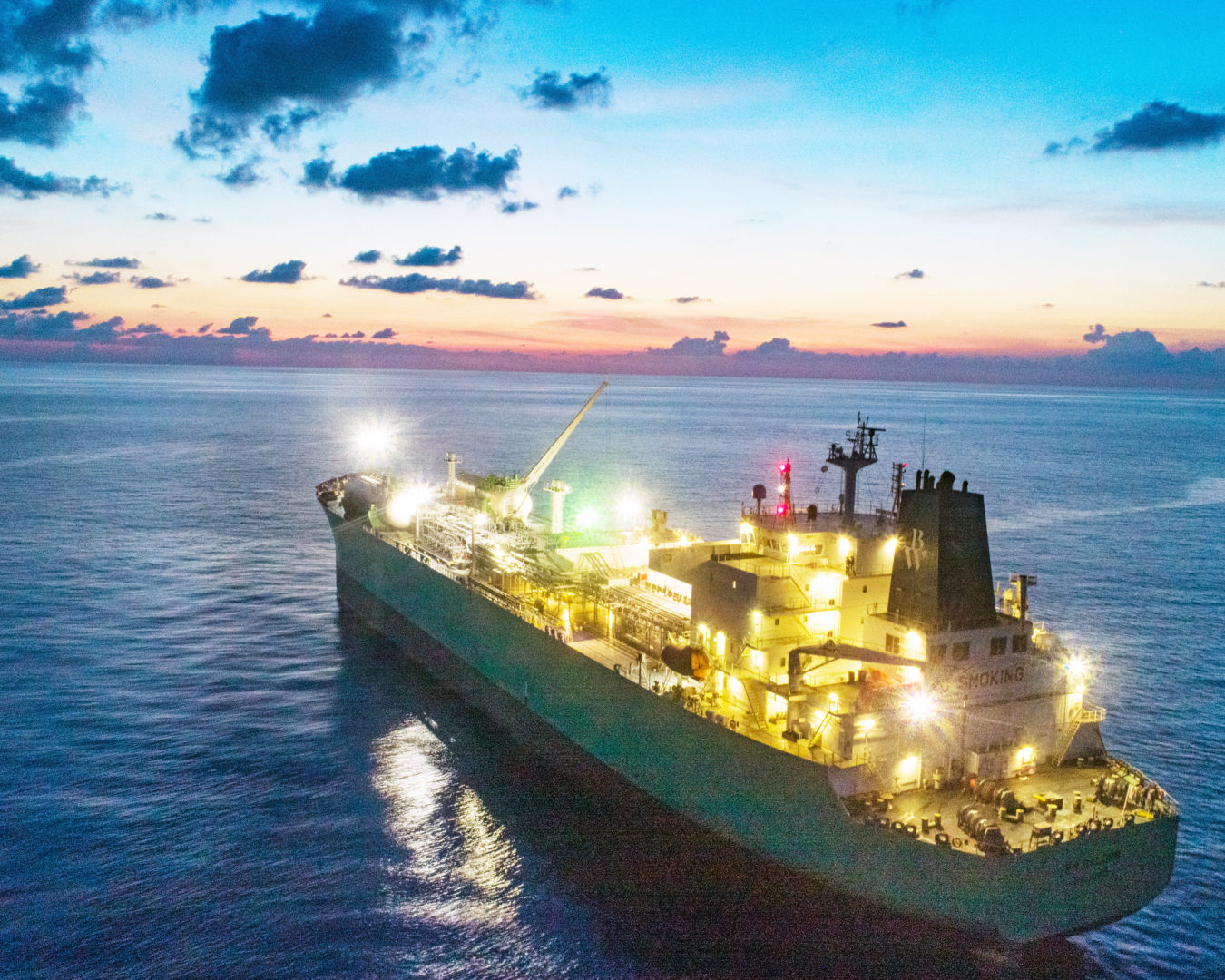
Policies and Guidelines
Communicating our standards for business conduct clearly and transparently through policies and guidelines.
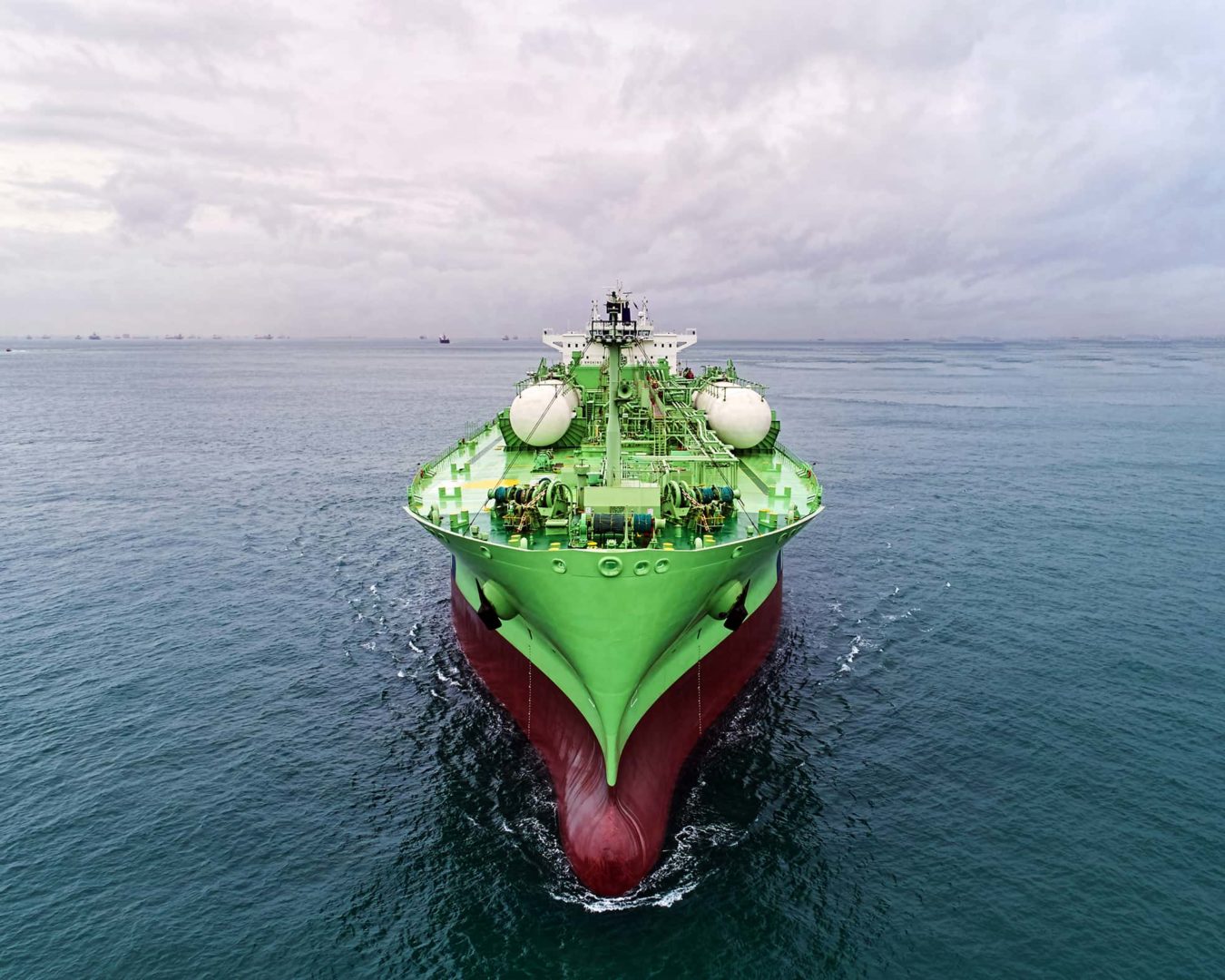
Sustainability Strategy and Governance
Guided by our Vision and Purpose, our sustainability strategy is based on three key pillars and are underpinned by our CARE values.
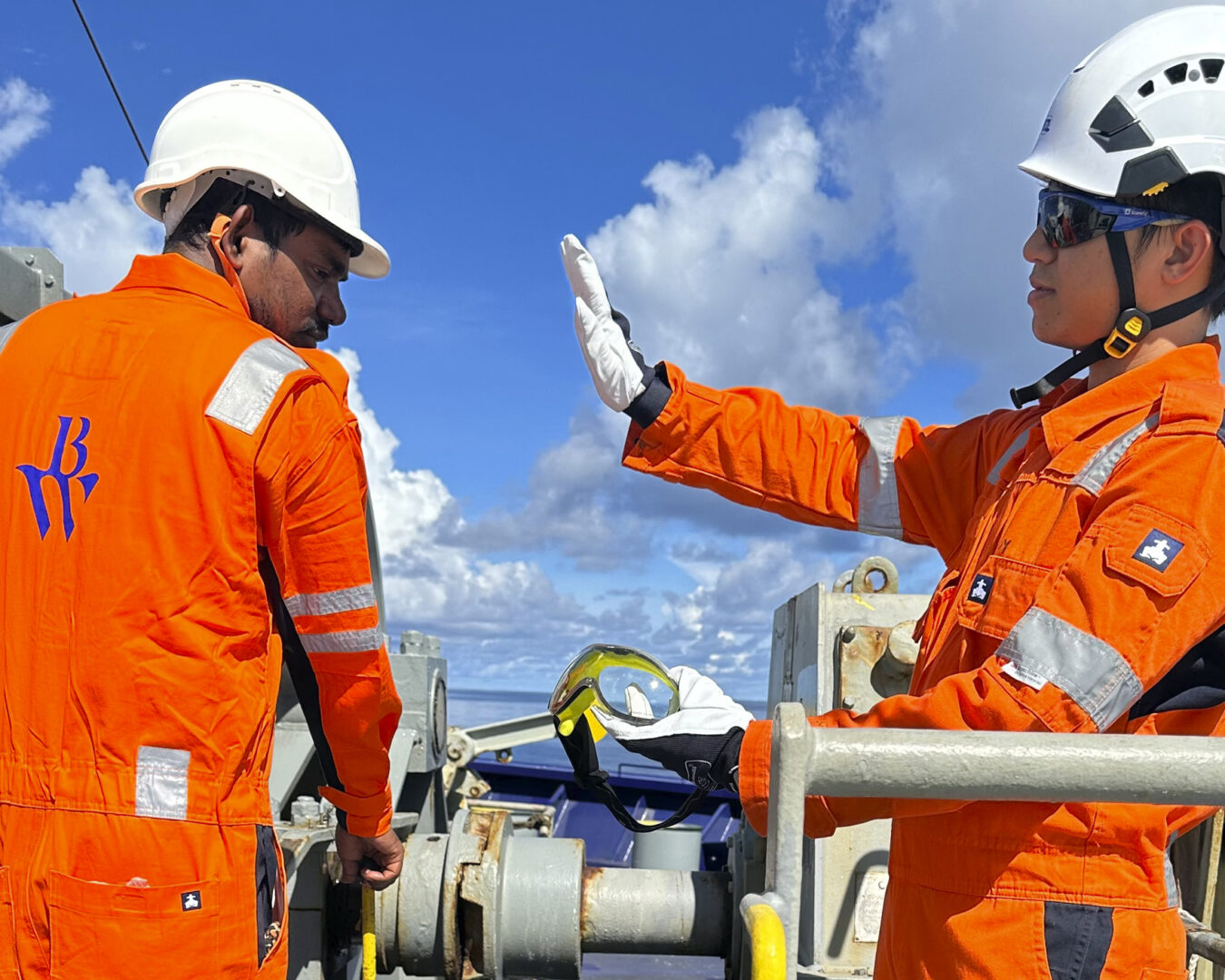
Risk Management
Risks are identified in the course of business operations and added into our risk universe
